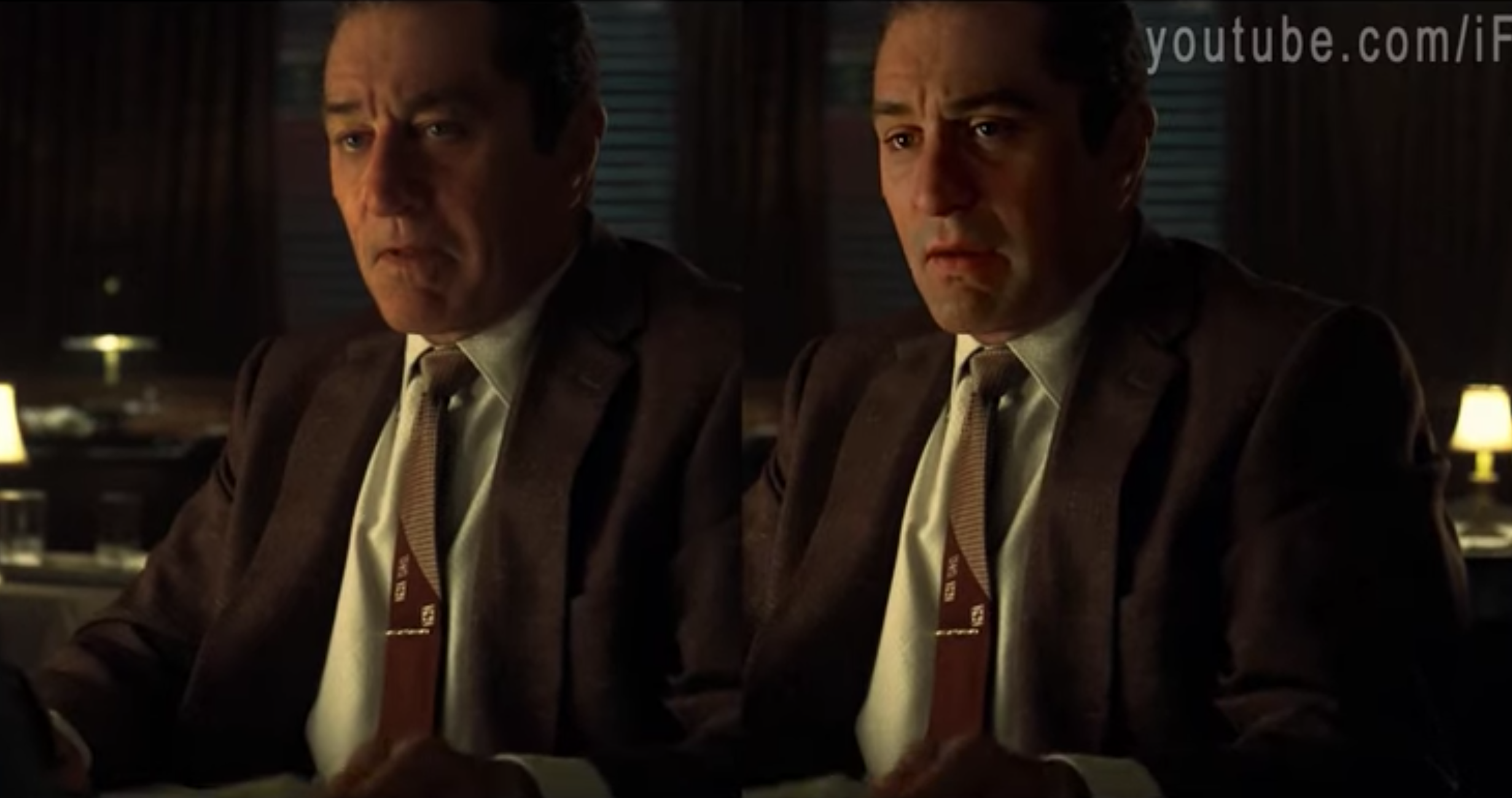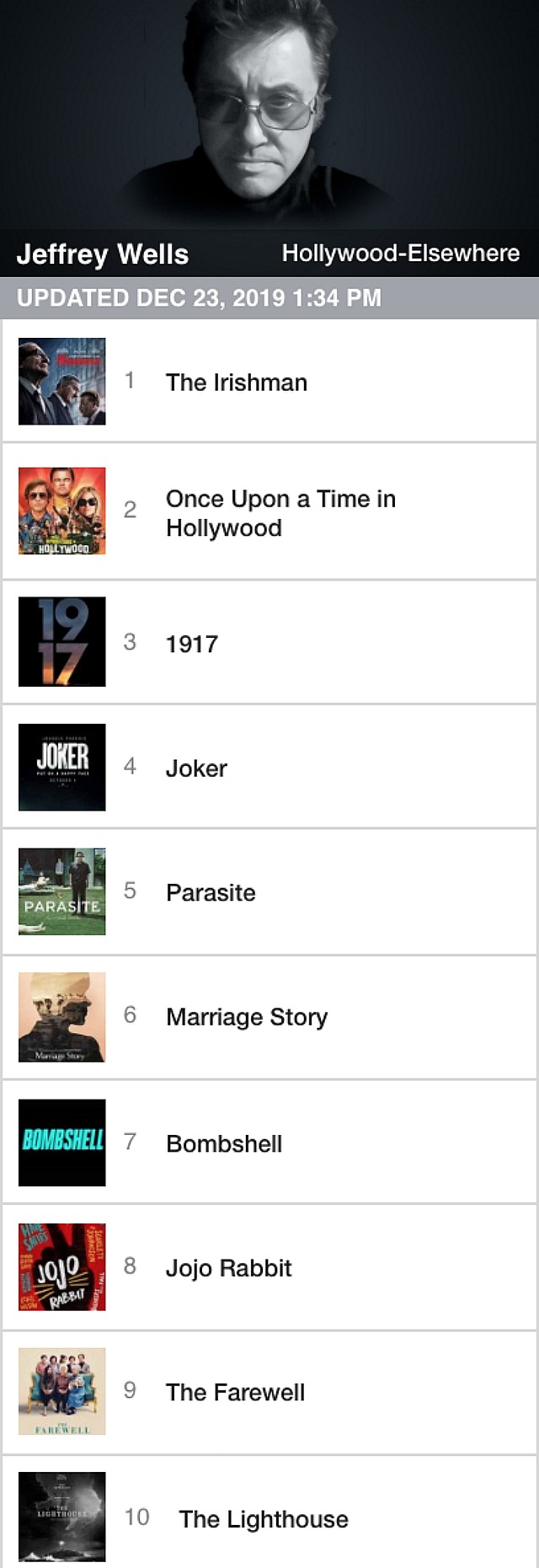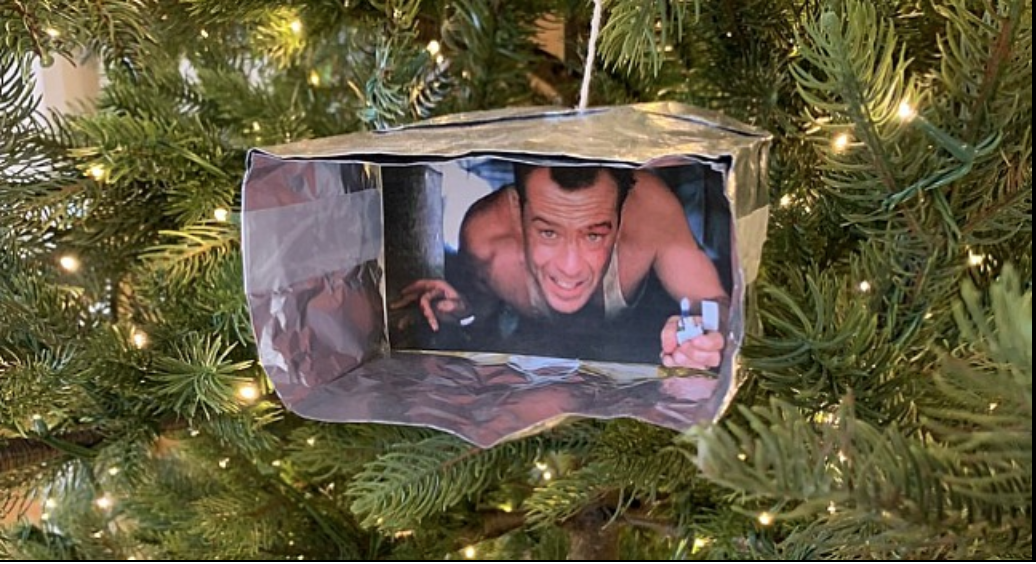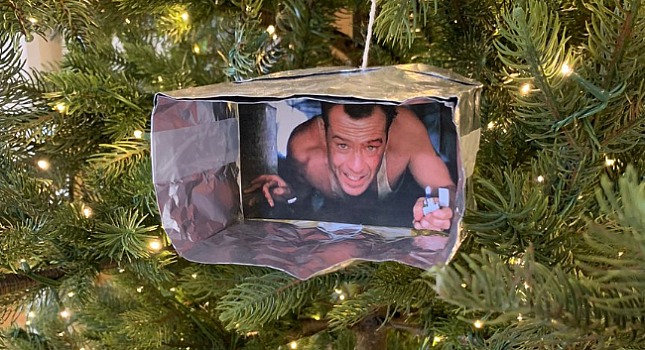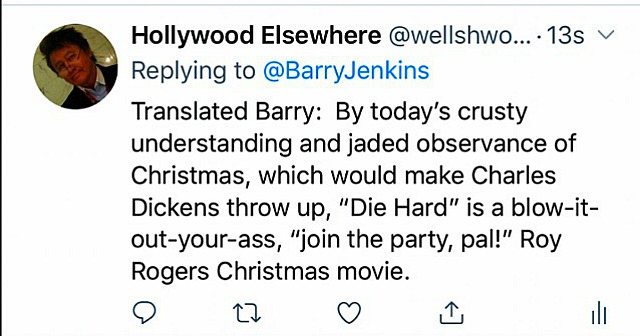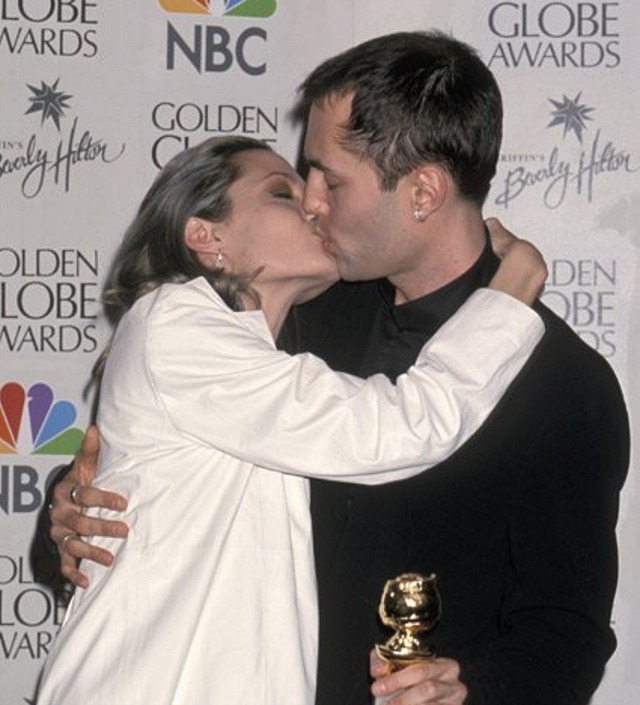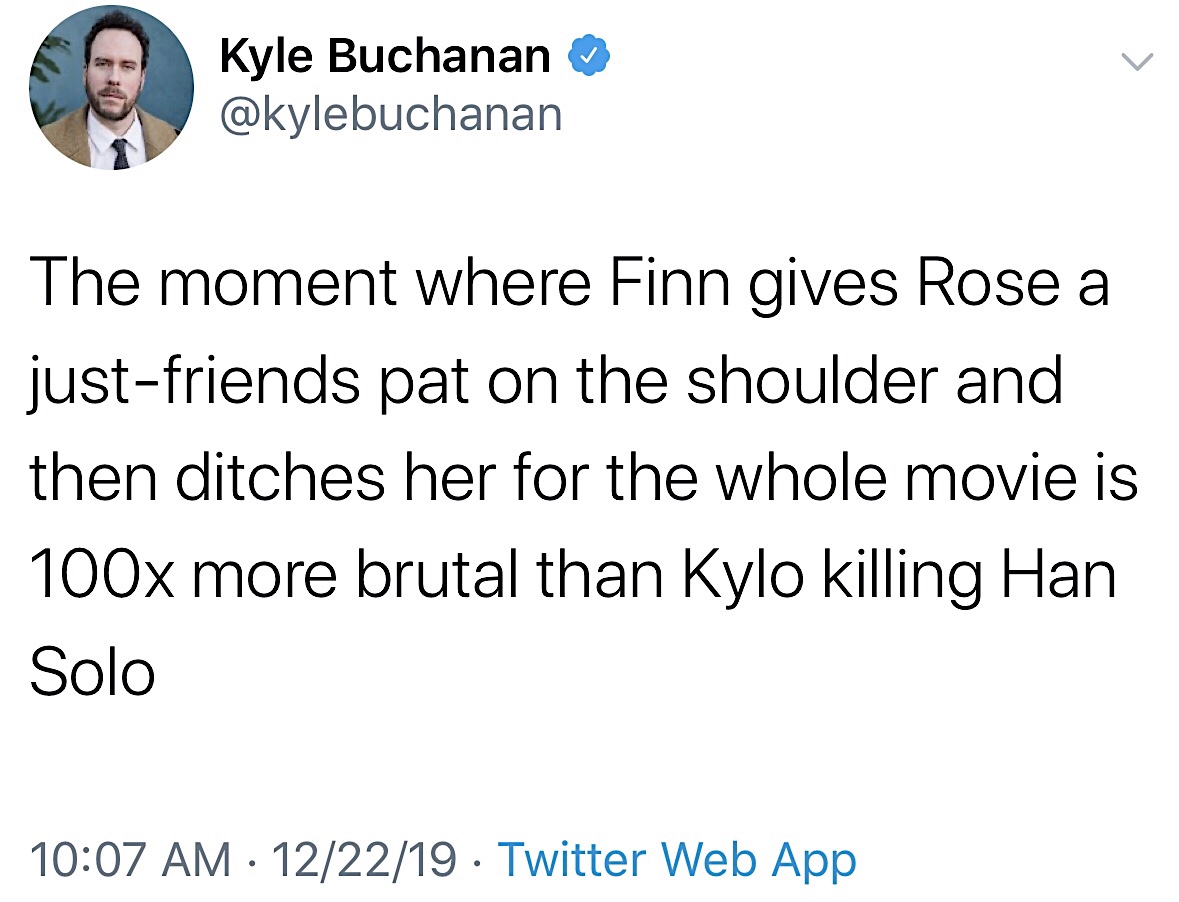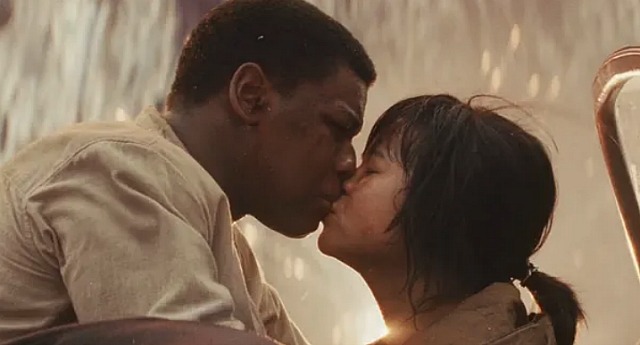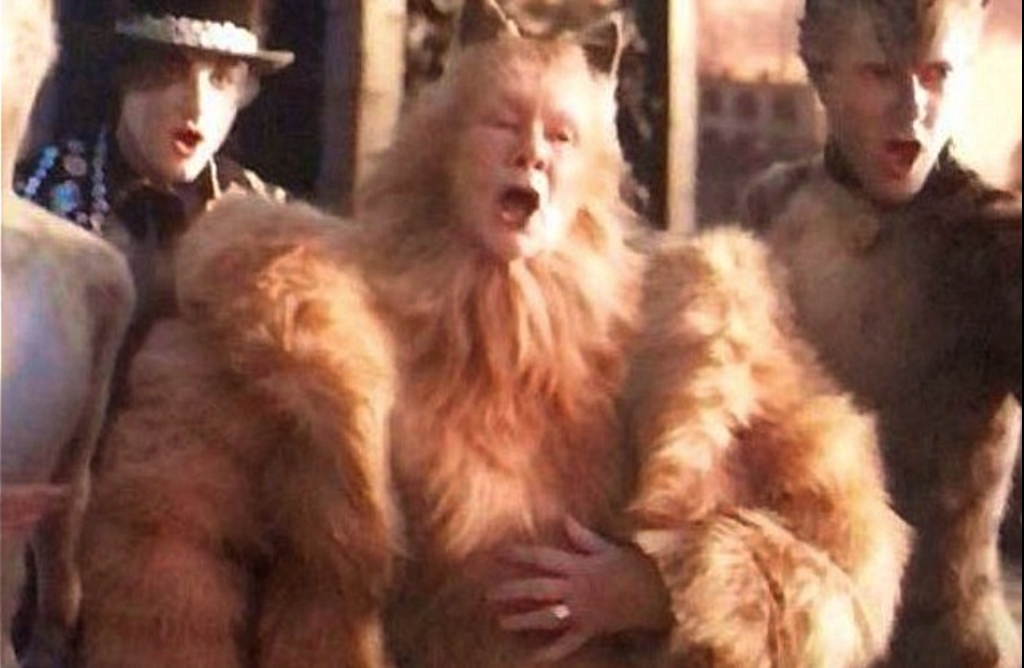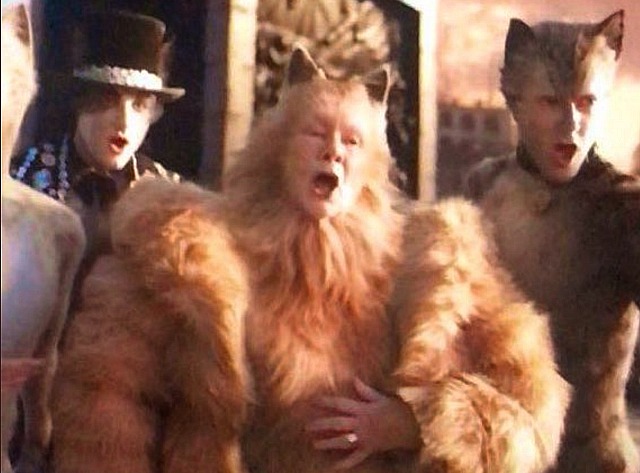N.Y. Times columnist Thomas Friedman, speaking to MSNBC’s Ari Melber before last week’s impeachment vote: “We basically have today the ability to create an entire alternative epistemological universe. When you simply live in a completely different set of facts…to get most of your information online from Facebook, and [information that] is targeted to reenforce your biases. And if you watch only one particular network, and you put all those together…uhm, there’s no Walter Cronkite out there, someone [from] whom everyone is sharing the same information.
“And I think it’s one of the most frightening things. Our democracy is based upon two pillars — truth and trust. If we don’t share truth we can’t possibly face the big challenges — climate change, cyber wars, education. We can’t possibly agree to do anything if we don’t share the same truth. And if we don’t trust each other, we can’t possibly do anything big and hard together. Ad all the challenges facing us now are big and hard.”


